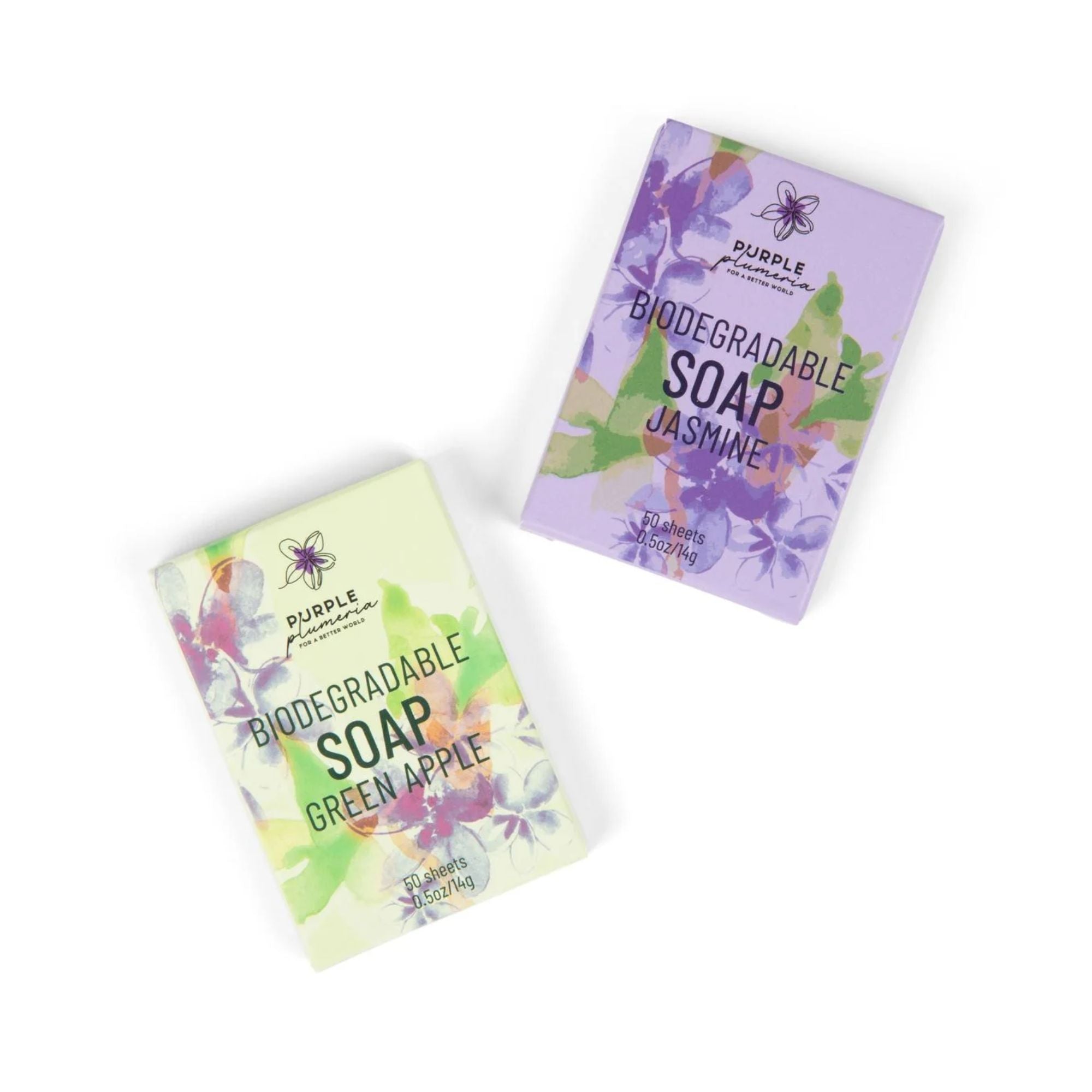Plastic is one of the most ubiquitous materials on the planet. It is found in everything from our cars to our clothes, and it has become an essential part of our daily lives.
However, the environmental impact of plastic is undeniable. From plastic debris in our oceans to plastic pollution in our cities, plastic is causing harm to our planet in ways that we may not even fully understand yet.
How Does Plastic Harm the Environment?
One of the main reasons why plastic is bad for the environment is because of how it is produced. Plastic production requires large amounts of energy, and it is estimated that the United States alone produces around 40 million tons of plastic waste every year. This plastic waste can take hundreds of years to break down, and much of it ends up in our landfills or in our oceans.
According to the EPA, in 2018 only 8% of plastic was recycled. This shows us that recycling alone is not a sufficient solution to the plastic problem and the vast majority will end up in the landfills. Many people have the wrong impression that most plastic is recyclable, but that’s not true. We need to find alternatives to plastic in addition to recycling what we can.
How Do Plastic Bags Affect the Environment?
Plastic bags, in particular, are a major contributor to plastic pollution. Single-use plastic bags are used for only a few minutes before being discarded, and they can take hundreds of years to decompose. When these bags end up in our landfills or in our marine environment, they can harm wildlife and contribute to the growing problem of plastic waste.
Why are plastic bags bad for the environment? Here are a few reasons:
- Litter: Plastic bags are often littered, and they can be carried by the wind or waterways to end up in trees, rivers, or oceans. They can remain in the environment for hundreds of years, harming wildlife and ecosystems.
- Marine environment: Plastic bags can harm marine life in several ways. They can be mistaken for food by sea turtles and other marine animals, leading to ingestion and suffocation. They can also entangle marine life, leading to injury or death.
- Landfills: When plastic bags are not properly disposed of, they can end up in landfills. Because plastic bags are not biodegradable, they can remain in landfills for hundreds of years.
- Production: The production of plastic bags requires significant amounts of energy and resources. This leads to carbon emissions, which contribute to climate change.
- Recycling: While plastic bags can be recycled, they are often not properly sorted and end up in landfill or incineration. The process of recycling plastic bags also requires energy and resources, which contribute to carbon emissions.
Plastic pollution can also harm the environment in other ways. When plastic debris enter our oceans, it can be mistaken for food by marine animals, leading to injury or death. Plastic waste can also leach harmful chemicals into the soil and water, which can have a negative impact on the ecosystem and human health.
What Can We Do To Reduce Plastic Waste?
So, what can we do to reduce the harm caused by plastic?
One solution is to ban plastic bags and encourage the use of reusable bags instead. Many cities and countries around the world have already taken this step, and it has been shown to be an effective way to reduce the amount of plastic waste in our environment.
Another solution is to recycle plastic bags whenever possible, but it's important to note that even recycled plastic can have a negative impact on the environment.
Ultimately, the key to reducing plastic harm is to reduce our reliance on plastic altogether. This means finding environmentally friendly alternatives to plastic and being more conscious of the amount of plastic we use in our daily lives.
Companies like Purple Plumeria, who make compostable bags, are leading the way in this effort. By using biodegradable materials, these companies are helping to reduce the amount of plastic waste that ends up in our landfills and oceans.
Takeaways
Plastic is bad for the environment because of the sheer amount of plastic waste that is produced and its long-lasting environmental impact.
Single-use plastic bags are particularly harmful, and reducing our reliance on them is essential to reducing plastic pollution. By making small changes in our daily lives, such as using reusable bags or compostable bags, we can help to protect our planet for generations to come.
Check Out Our Compostable Bags Today!






